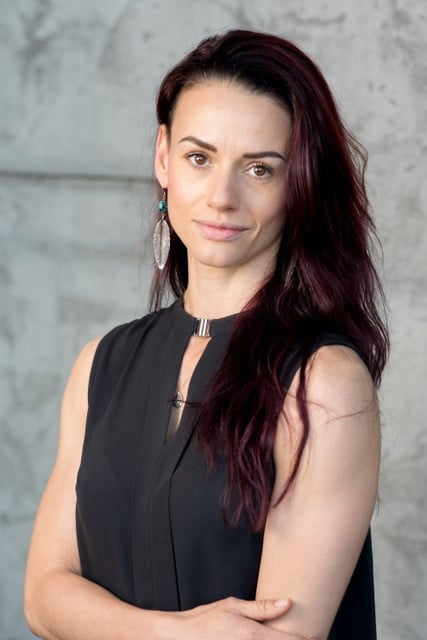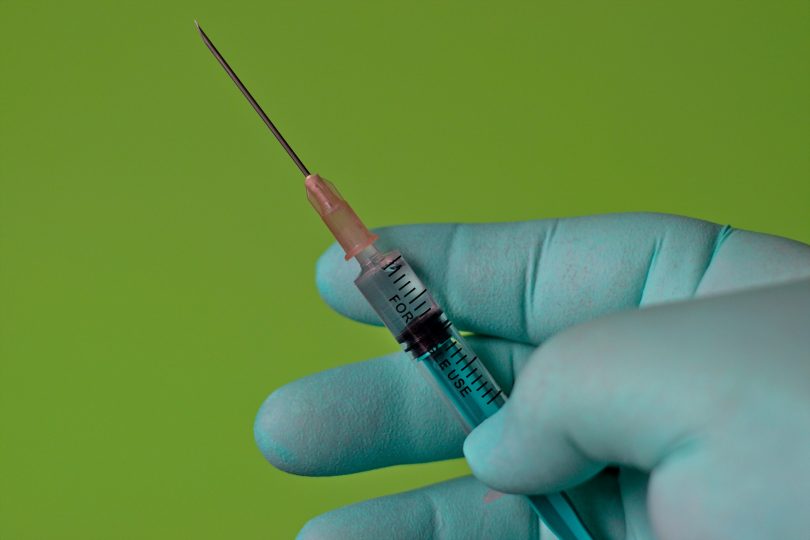Research by the BC Centre on Substance Use at St. Paul’s Hospital and other groups has received $770,000 to investigate the uptake, effectiveness and side effects of COVID-19 vaccines among vulnerable urban populations.
Urban centres across Canada are home to many groups who are more at risk of acquiring SARS-CoV-2 and developing serious complications from COVID-19.
The Government of Canada, through the COVID-19 Immunity Task Force (CITF) and the Vaccine Surveillance Reference Group (VSRG), is funding the study.
Participants to include those who experience homelessness, poverty, incarceration
The people to be included in this study experience risk factors such as homelessness and poverty, may live in social housing or correctional facilities, may use drugs intensively or have additional health conditions due to compromised immune systems, or may have poor nutrition, hygiene or inadequate living conditions. Adding to these risks are the barriers to vaccination, ranging from stigma to discrimination, which they already often face when trying to access healthcare.
Researchers to recruit 250 people from three Vancouver cohorts
Researchers will recruit more than 250 people who use drugs from three community-recruited cohorts in Vancouver, British Columbia. Researchers aim to assess vaccine uptake, adherence to vaccination protocols, as well as monitor and investigate potential side effects of the vaccines. It is anticipated that the results from this study, combined with data from other relevant COVID-19 studies across Canada, will contribute to a better understanding of vaccines and Canada’s vulnerable population.

“There are multiple factors that may impact a person’s ability or willingness to get vaccinated. Some might not have access to a computer, phone or transportation, or they may distrust the healthcare system because of poor and harmful experiences in the past,” says Dr. Brittany Barker, study co-lead, a research scientist with the British Columbia Centre on Substance Use (BCCSU) and a postdoctoral fellow at the University of British Columbia (UBC) who on street-involved youth who use drugs. “For example, Indigenous people were subject to government-sanctioned medical experiments in Indian hospitals and residential schools and continue to experience racism and discrimination in the BC health care system today. These harms are compounded for those who use drugs and this may result in vaccine hesitancy. With this study, we are working with community members to identify strategies that might address these concerns and improve vaccine confidence and access in ways that are safe and person-centered.”
BC fighting two public-health emergencies
“B.C. is in the middle of dual overdose and COVID-19 public health emergencies. There is a feeling from many of our community members who use drugs and are living in Vancouver’s Downtown Eastside, that they were excluded from pandemic response measures and were only prioritized for fear of infecting others, due to their lack of housing and drug use needs,” says Erica Thomson, Executive Director of the BC/Yukon Association of Drug War Survivors and co-investigator on the study. “There is already a strong distrust of the healthcare system and now there is a lot of misinformation about the pandemic and vaccines, particularly among the most marginalized because they may be unable to access accurate information.”
In addition to addressing knowledge gaps related to vaccine hesitancy, blood samples taken at each visit will allow researchers to investigate the effects of vaccines on participants’ immune systems, including the durability of immunity over the study period. Researchers will also analyze the effectiveness of the SARS-CoV-2 vaccines and compare their effectiveness among subgroups of vulnerable populations.

“These coronavirus vaccines have not been specifically tested among people who use drugs,” notes Dr. Hudson Reddon, the other study co-lead and a postdoctoral fellow at UBC. “While we do not expect to find evidence that these vaccines do not work equally well among people who use drugs, documenting their side effects and effectiveness will help reassure people in vulnerable urban populations who are contending with dual public health emergencies of drug overdose and COVID-19.”
Canada’s Chief Public Health Officer, Dr. Theresa Tam says, “This study will support the development of more effective vaccination and public health strategies to reach those who are most vulnerable to harms and severe outcomes from COVID-19 in urban areas.”
The study is being conducted with investigators from the BC Centre on Substance Use, BC/Yukon Association of Drug War Survivors, BC Centre for Disease Control and Vancouver Coastal Health.
This story is a version of a news release posted here on COVID-19 Immunity Task Force (CITF) | Researchers to investigate vaccine uptake, efficacy and side effects in vulnerable urban populations





